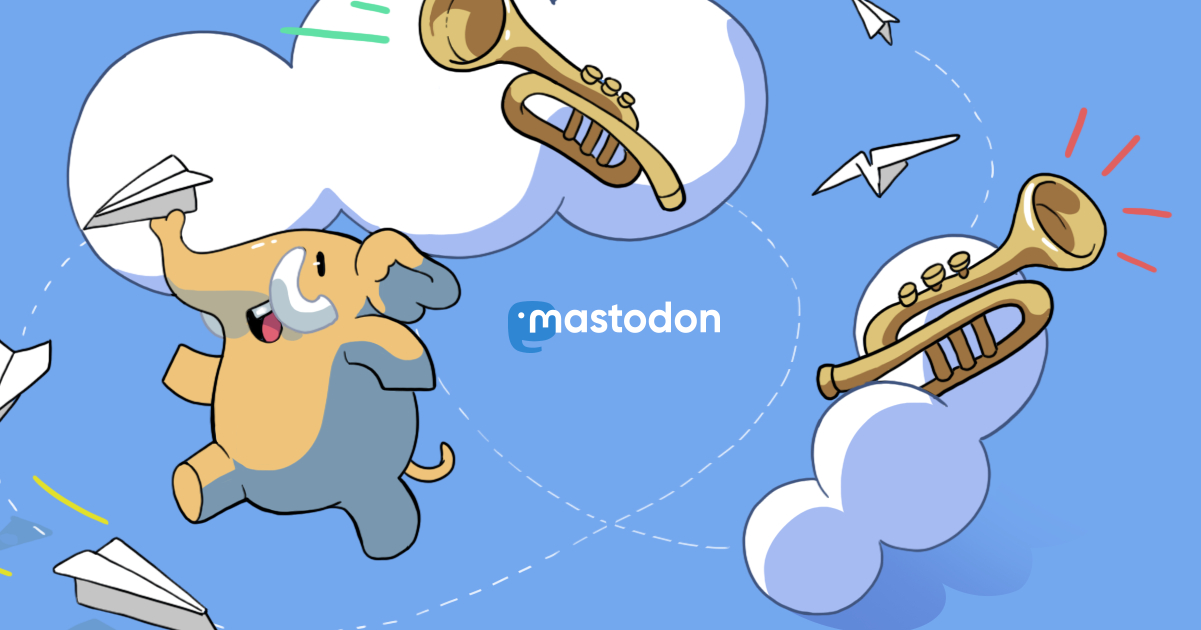I am not a person who usually blocks others on social media, but the last two weeks I have blocked three persons on DingDash. All of them with anonymous profiles, two of them my followers. I suppose all three were from the Mastadon network. The combination anonymity and ad hominem – attacking a person instead of attacking an argument, makes me lose my patience. It’s the lowest form of argumentation. Yesterday someone called @sinbach names in my post, just because he is American and a former military. That was too much for this person to handle, so he used the argumentum ad hominem.
After 14 years on FB I don’t have the same patience anymore. I’ve been kind and polite to people that haven’t been kind or polite to me. I don’t want the same thing on DD. Don't expect me to respect your opinions if I don't know anything about you. I don't understand why people are so anonymous, if they don't have to for security reasons (like missionaries).
One thing I have learned the hard way about the world and the internets in the past decade is, these things don't become more free with time. On the contrary. I still remember how many years ago, when I was a kid, a lot of people could speak out their even weirdest opinions without fearing persecution or other consequences. People have been fired in America and Canada for voting the wrong way or donating money to wrong people.
Even your own country is following this trend (https://www.dailysignal.com/2022/02/16/this-religious-prosecution-in-finland-could-be-harbinger-for-other-democracies/). I don't know everything about this story, but from the gist of it, it seems just like every other case of people being persecuted for exercising their freedom of speech. Which is, to say the least, rather unsettling and disgusting.
And then there is the matter of mass internet surveillance and information gathering, the things that already have the great effect on our societies. Have you ever heard about Social Cooling (https://www.socialcooling.com/). It's an interesting idea, check it out. In addition, just yesterday a person from another instance here described what it's like to be a kid in the days of TikTok and Snapchat: either you follow the latest trends and your opinion conforms with the narrative, or you become a pariah. This is more than creepy.
All of these and more make people, to say the least, cautious if not outright afraid. Being pseudonymous allows some to be more genuine and to express themselves. Granted, this attracts some hostile folk, but you can't avoid them anywhere. Even on Facebook, I have seen a lot of hostile behaviour from people using their real names. Some just don't care, I guess.
Hopefully, this answers at least some of your questions. Personally, I very much enjoy the fedi. A lot more than I can enjoy other parts of the internet these days. Fediverse has certain charming magic to it, partly because it doesn't force people to be anything they don't want to be, doesn't insist on following specific conduct. Things just organically work out with little to no steering required, which proves you don't need a strong hand to form healthy communities. People are quite capable of cooperating on their own.

I built the very first online community for drummers/percussionists back in 1996. To put that into perspective, that was one year before Google was born.
My bulletin board required real names after a few years had passed, simply because we started having issues similar to what DingDash is now experiencing.
Cowards like to throw their opinions and slanderous commentary from the shadows.
I treated my community board like my home; all are welcome… but individuals must announce who they are in order to enter, and must respect the rules. After receiving two warnings, they were banned after the third offense. It’s truly the only way to maintain a healthy online community.
Allowing the user to take on the role as administrator, allowing them to block those individuals who across the line, essentially does the same thing… which is how DingDash operates.
People who think they could get caught breaking local law will behave differently. That's about it as far as I can tell.

